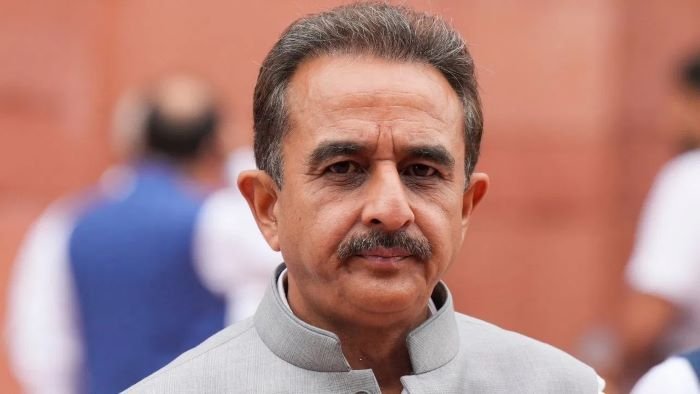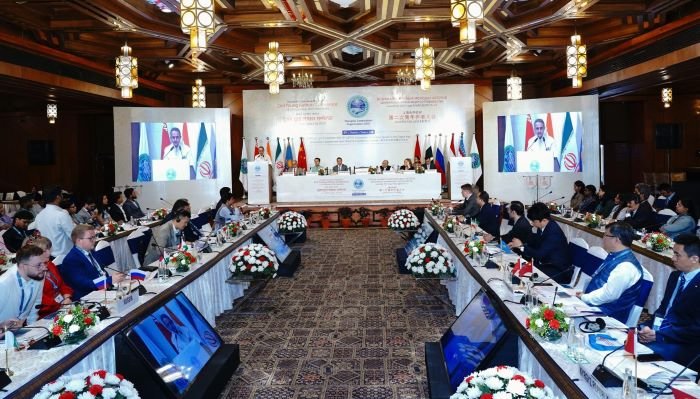
BY MOHAMMAD TARIQUE SALEEM
In an era where digital divides threaten to fragment global narratives, the inauguration of the 2nd Shanghai Cooperation Organisation (SCO) Young Authors’ Conference in New Delhi on September 25, 2025, emerges as a profound testament to the power of creativity in bridging civilizations. Led by Minister of State for External Affairs Kirti Vardhan Singh, this gathering of vibrant young minds from SCO nations, spanning India, China, Russia, Uzbekistan, Pakistan, and beyond, transcends mere literary discourse.
It symbolizes the SCO’s evolving role as a catalyst for cultural synergy, fostering people-to-people ties that fortify regional stability amid geopolitical turbulence. At its core, the conference, themed “Dynamics of Creative Spaces in the Digital Age,” interrogates how technology reshapes artistic expression. Sessions delved into the digitization of literature, the evolution of cinema via streaming, and the resurgence of oral traditions through podcasts, revealing a delicate balance: innovation amplifies voices, yet risks diluting cultural authenticity.
Russian delegates like Anna Babina and Artem Ragimov articulated this tension, advocating for digital tools that enhance, rather than supplant, human depth. Similarly, insights from Pakistani and Chinese participants underscored technology’s potential as a bridge, enabling global exchanges while preserving indigenous narratives. Minister Singh’s engagement, shared vividly on social media, highlights a personal touch in diplomacy. By commending the National Book Trust’s (NBT) stewardship, he spotlighted India’s proactive role in nurturing such platforms, aligning with its broader foreign policy of civilizational dialogue.
This is no coincidence; as SCO expands, encompassing nearly half the world’s population, cultural initiatives like this counterbalance economic and security agendas, humanizing multilateralism. Prof. Milind Sudhakar Marathe’s welcome and Sanjay Kumar’s valedictory address further emphasized AI’s supportive role in creativity, urging safeguards for intellectual property in an age of algorithmic dominance. The event’s impact reverberates beyond New Delhi. By amplifying youth perspectives, it challenges stereotypes, promotes empathy, and sows seeds for enduring partnerships.
In a world grappling with misinformation and cultural erosion, such forums are vital lifelines, reminding us that true connectivity lies not in cables, but in shared stories. As SCO coordinators like Alok A. Dimri and Minara Rakhanova affirmed, this conference paves the way for a more cohesive Eurasia, where creativity fuels peace. With media echoes across member states, it beckons a future where digital creativity unites rather than divides, inspiring generations to author a harmonious global chapter.










